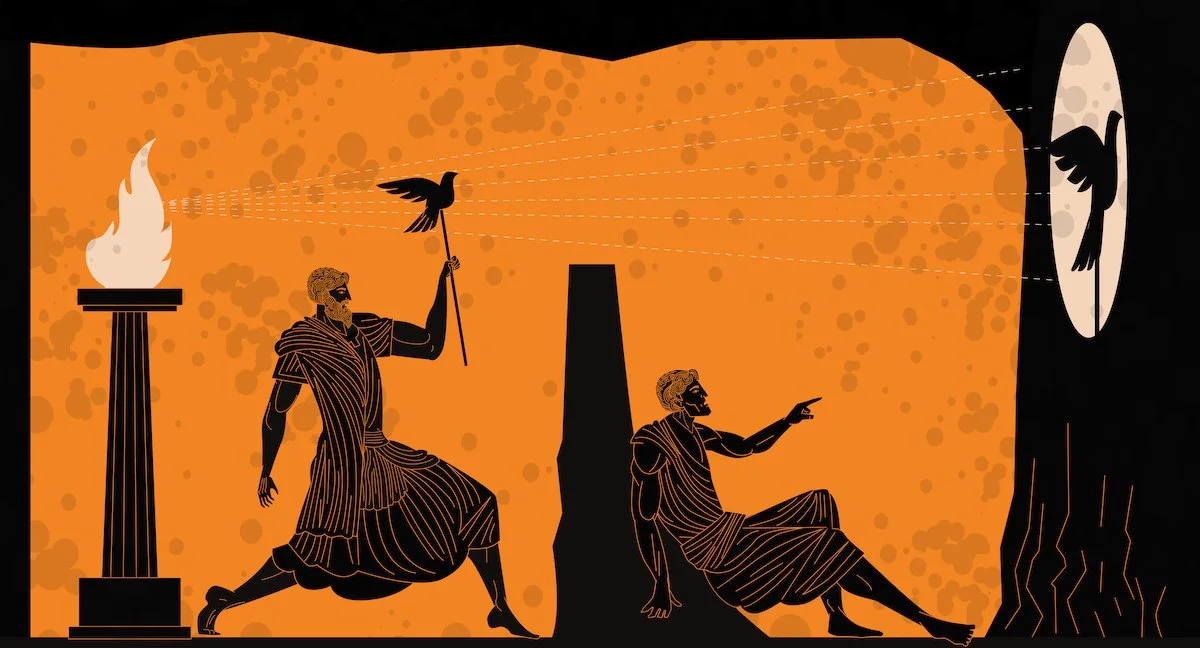When you read ancient philosophers, their thoughts are concise and poetic. In a single phrase of Marcus Aurelius lies a whole world to discover. The distilled wisdom that doesn’t use many words, but still reaches the depth of soul, and the depth of meaning. As we move further into modernity, we encounter increasingly lengthy and elaborate texts, often circling a single simple thought from a thousand directions. And the question I ask myself is this: is it an increased sophistication, or a lack thereof?
There is a tendency in Western culture to heavily rely on language. We have literature and magazines, podcasts and interviews, motivational speakers—the list goes on. Language is the primary source of wisdom for many people. I personally have a tendency toward this as well, and I use language a lot to organize my thinking, develop my ideas through writing, and of course, to communicate. My main profession is teaching, and I talk in my classes a fair amount.
However, I have a firm belief that language is corrupting reality (I wrote about it elsewhere), and I try more and more to rely on processes which deliver direct experience rather than verbal instructions. This does not mean I do not use it (it would be hypocritical, considering I am using language to write this); what I mean is that it has to take a back seat—be a secondary actor, not one placed on a pedestal.
The ancient thinkers needed no more than one line to distill a life of wisdom. Metaphor and poetic writing have a way to convey an idea that a thousand words cannot explain. A parable reaches us in a different way. A fable from the Vedas can have a much more profound impact on someone than a PhD text written by a renowned academic who is seemingly trying to say the same thing.
The reason for that, I believe, is that it touches more parts of ourselves than just cognition, reaching into deeper layers of the individual. Many things cannot be described with words, but you feel them in your bones. Words serve to communicate experience, but it is a whole different form of art to use them in a way that touches someone deeper than just their intellect. It evokes a feeling; it creates a physical sensation. We have all had this experience with a piece of writing, and it is very different from dry academic text that has no capacity to penetrate.
As I gain more experience teaching, I try to rely on words less to convey meaning. I try to create conditions for people to immerse into the experience fully, rather than just process it on the level of cognition. It is also important that people develop this level of understanding. In fact, it is impossible to go far without it—but it must be just the first level, one that needs to be transcended. Intellectual understanding is often deceiving, and we lean on it more than we do on other parts of ourselves, which also carry wisdom we do not yet know how to recognize.
We are so disconnected from this experiential knowledge of the world that even when reading texts which do have this quality, we are much more likely to overlook the depth, or worse, misinterpret it completely. This is what happened to many religious teachings and many philosophical schools. The Stoics did not mean what 21st-century gym bros understand by Stoicism. And how did we get from Jesus to the Inquisition?
Today, there is a constant need for simplification, which is not the same as concision. You can use beautiful words and still say nothing of substance.
Words, for all that matters, are pointers - not the things they point to. A philosophy, a way of thinking, is merely a scaffolding for experiencing life. Those who touched true wisdom are able to communicate it in a concise manner, sometimes even without words, everything else is pretending. “Panta Rhei” (everything moves), from Heraclitus, is a truth understood only by those who engage with it through doing. Practitioners. The academy which we put on a pedestal in the Western world is very far from praxis. And I have hope that we will come back to the path of eloquence and visceral knowing, and not the accumulation of vague descriptions of material things.
So leave this text alone, and go out to experience life.

